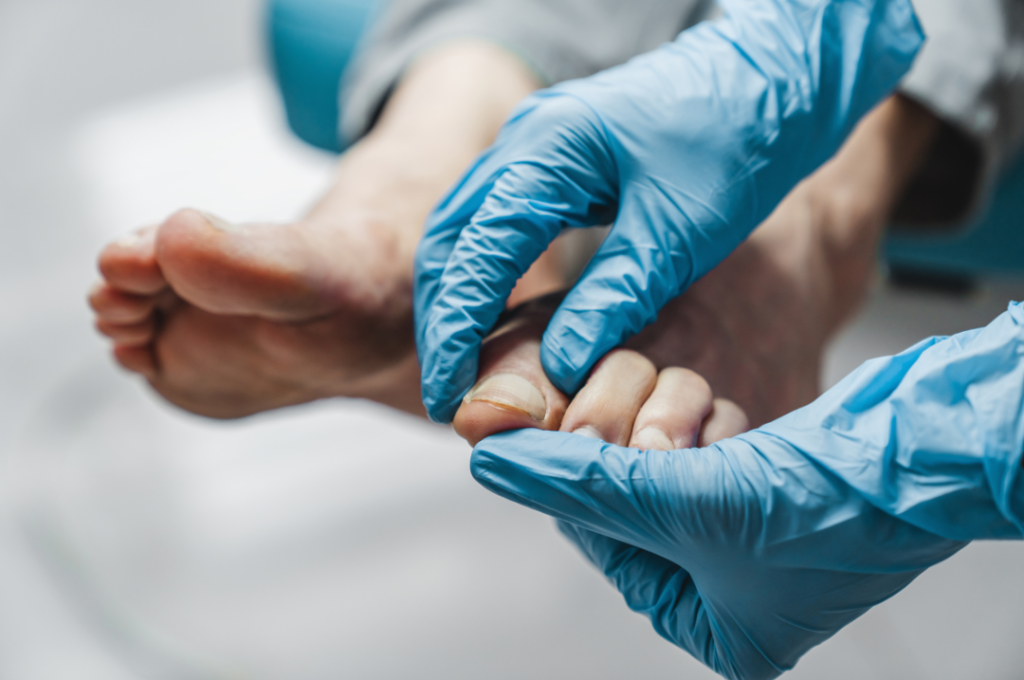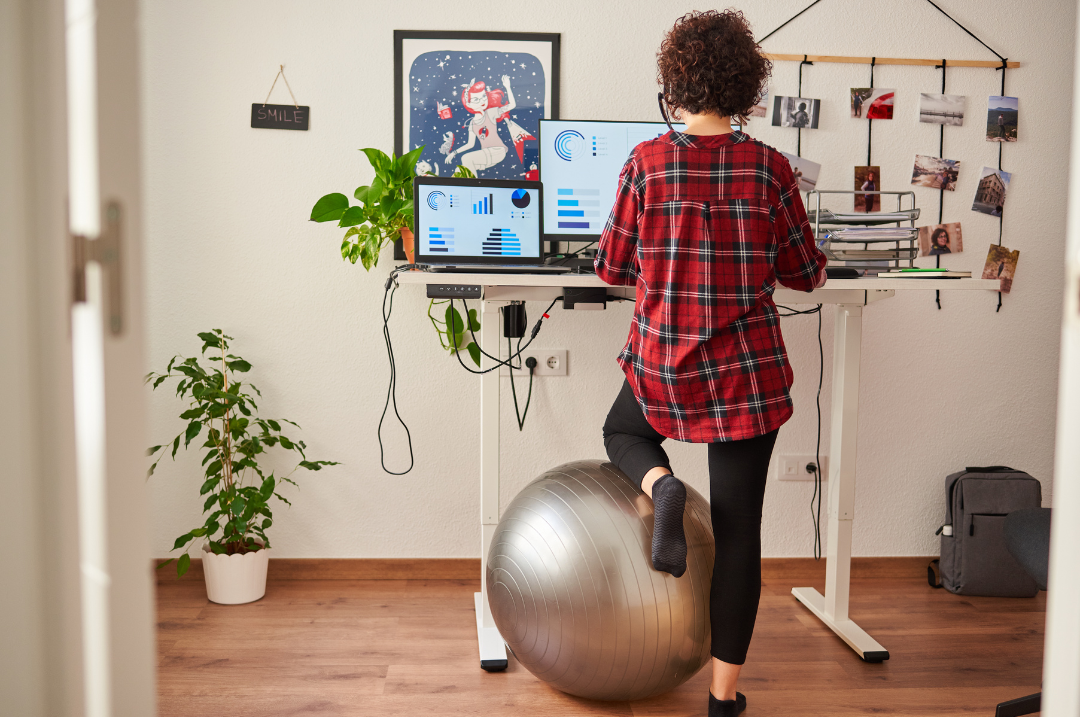
If you consider ingrown toenails to be the most debilitatingly painful problem given that it involves such a seemingly small nail, you’re not alone. These are the exact same thoughts shared by most people who come into our ingrown toenail clinic to have their ingrown nails professionally cared for – and often to get rid of them for good. But how do you know if your ingrown nail is fine to manage at home, or if you should come in for professional treatment?
Ingrown Toenail: The Basics
First thing first: an ingrown toenail occurs when the edge of a toenail grows into the surrounding skin rather than over it. Think of a small but sharp dagger piercing through healthy skin and staying embedded there – it’s actually very similar! This can result in pain, redness, swelling, and potential infection. Ingrown toenails most commonly affect the big toe, but any toe can be affected.
Identifying An Ingrown Toenail
To spot an ingrown toenail, look for:
- Pain and discomfort: one of the earliest signs is tenderness or pain along the edge of the affected toenail. Ingrown toenails can also affect both edges of the same toenail.
- Redness and swelling: the skin around the ingrown toenail may become red, swollen, and painful to the touch.
- Inflammation: as your ingrown toenail grows deeper into the surrounding skin, you may notice the surrounding area become red and inflamed. Sometimes, there may be pus or clear fluid leaking from the area, which may also be a sign of infection.
- Difficulty wearing shoes: ingrown toenails can make wearing shoes uncomfortable, and pressure from footwear may worsen the condition.
- Overlapping skin: you may see the edge of the nail curling into the surrounding skin or observe overlapping of the skin onto the nail.
Home Care For Mild Cases
If your ingrown toenail is mild, you may try managing your symptoms at home by:
- Soaking your feet in warm, soapy water for 15-20 minutes, 2-3 times a day. This can help soften the nail and reduce inflammation.
- After soaking, use a clean, disinfected tool, such as a dental floss pick, to gently lift the ingrown edge of the nail away from the skin. Do not force it. This should be easy if the ingrown nail is mild so that it is only pressing against the side of the skin as opposed to already growing deep inside. If the nail has already significantly pierced into the skin, it’s time to see a podiatrist.
- Continue to keep the area clean and dry, avoiding tight footwear that puts pressure on the toe.
- You can try to place a sterile bandage or a piece of cotton under the lifted nail edge to encourage it to grow above the skin. Again, this will not be suitable if your nail has already notably pierced into the skin.
When To Get Help For Your Ingrown Nail
While home care can help with mild cases, you should consult a podiatrist if you experience the following:
- If ingrown toenails repeatedly affect the same toenail, a professional evaluation is essential to address the root cause.
- If there are signs of infection, such as increasing redness, pus, or discharge, it’s crucial to book in with your podiatrist
- Those with diabetes or circulation problems should not attempt self-treatment for ingrown toenails. These conditions can lead to complications and delayed wound healing.
- A painful abscess (collection of pus) or the presence of a draining sinus warrants immediate attention.
- If your symptoms worsen or fail to improve within a few days of home care, consult a podiatrist.
Final Tip
Ingrown toenails can be simple for a health professional to manage – but only if they have the right tools, experience and knowledge. As a clinic that sees ingrown toenails day in and day out, we have refined our protocols and processes to ensure you get the very best care for your ingrown nail every time.
Each person’s treatment plan is uniquely tailored to their symptoms and circumstances to help you get the best long-term results. Our podiatrists take the time to discuss every step of the process, alongside all of your treatment options, and are here to help you or your child have the very best experience with their toenail treatment. We’re based in Remuera, in the One Health medical building, close to Newmarket. Call us on 09 523 2333 or book online here.








